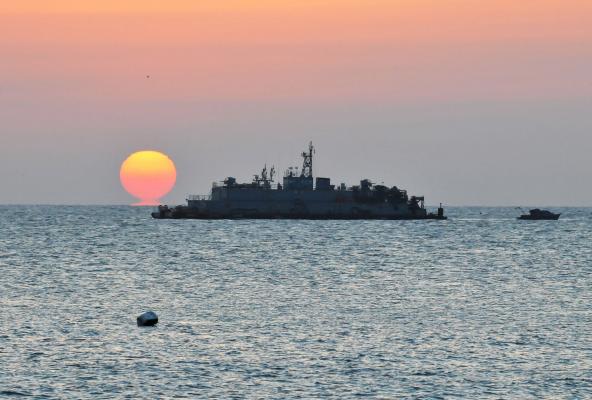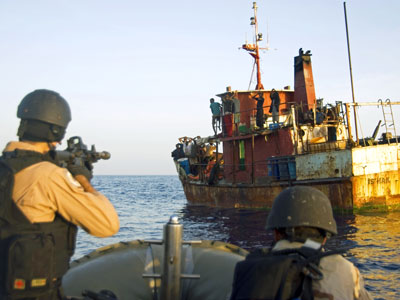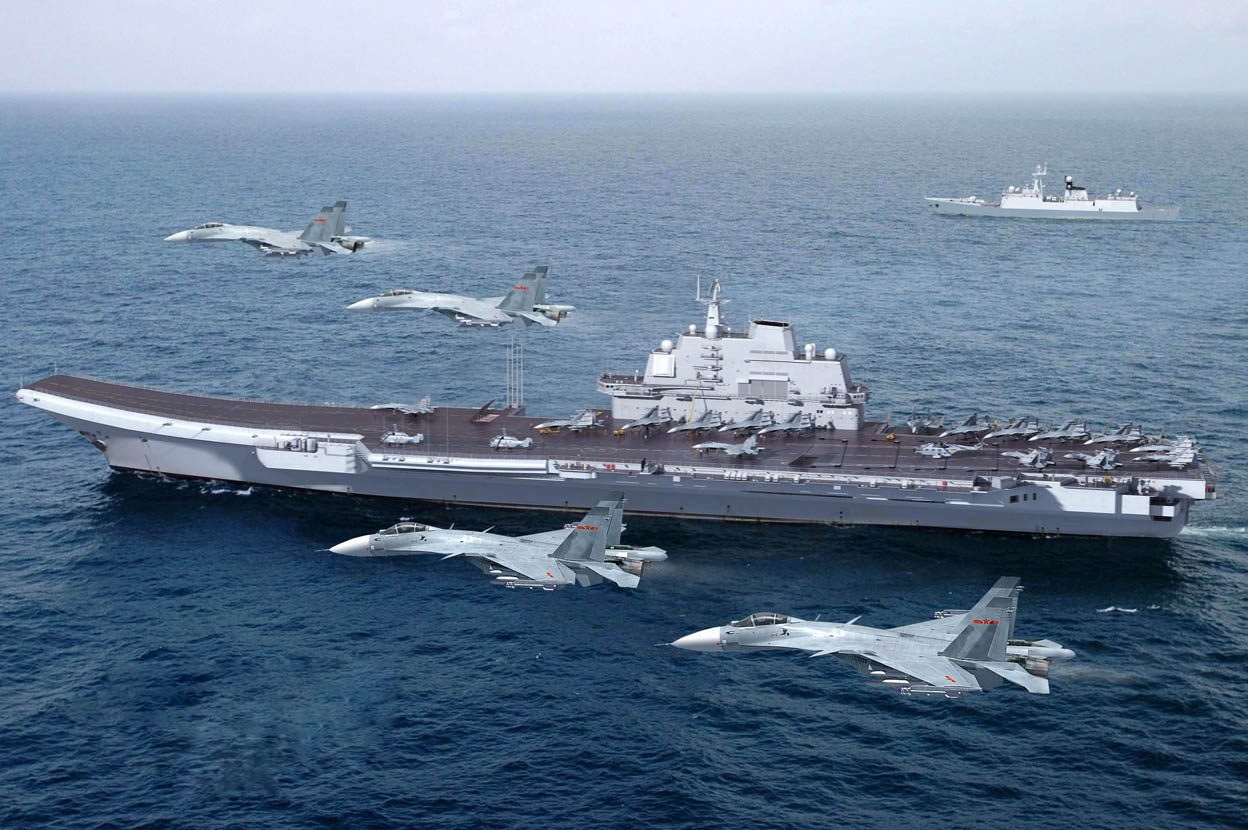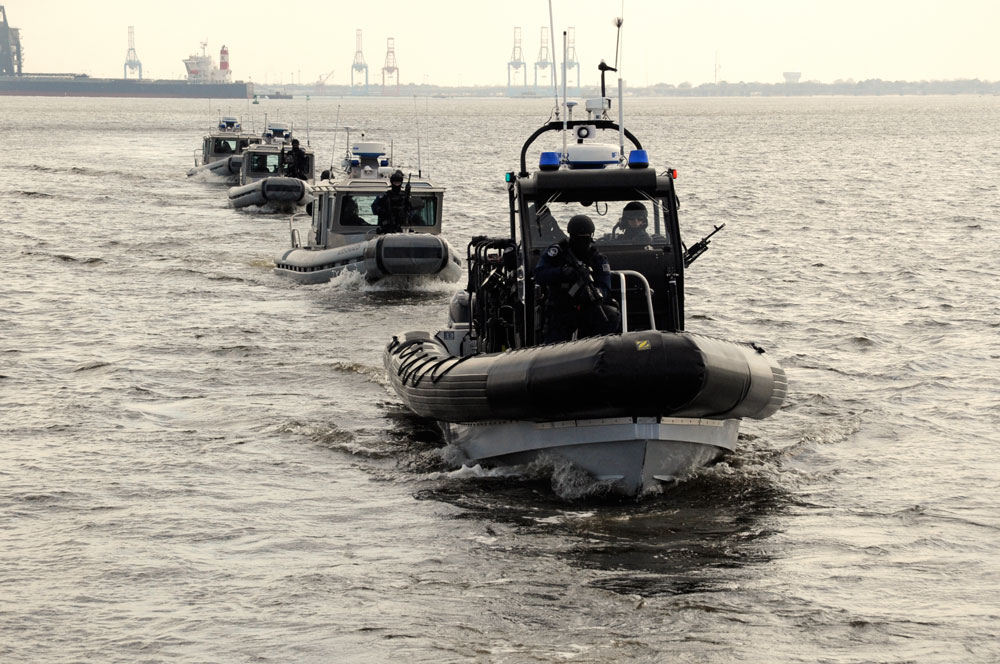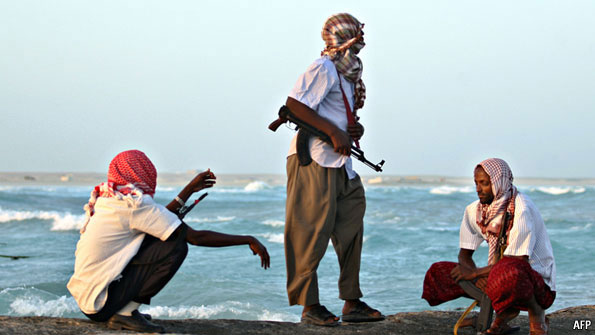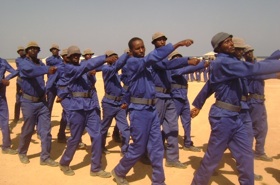From the Korean peninsula came news on Thursday that construction on a divisive Republic of Korean (ROK) naval base could proceed on Jeju Island.
Canadian Armed Forces
On the ground, in the air and on the water, the men and women of the Canadian Armed Forces stand watch over the country and defend its interests at home and abroad. The Canadian Armed Forces Program aims to provide an in-depth analysis of the issues facing Canadian soldiers across all branches of the military in order to give Canadians varying perspectives on the men and women who defend their country.
Indian Maritime Security After Mumbai
Last week the Indian government announced that it had arrested Abu Jindal, an alleged Lashkar-e-Taiba leader accused of masterminding the November 2008 terrorist attacks in Mumbai, which killed at least 160 people.
James Bridger Speaks on Counter-Piracy
On June 21 the NCC’s Maritime and African Security Analyst James Bridger spoke on a panel at the Center for Strategic and International Studies (CSIS) in Washington, DC.
Thinking about Prevention Pt. II
That prosperity and security rest on the Pacific is true not only for the U.S. but also for China.
Breaking The Bottleneck: Maritime Terrorism and “Economic Chokepoints” (part 1)
The probability of a terrorist attack on a major North American port may be low for some security analysts, but given the catastrophic effect an attack could have on such “economic chokepoints,” the costs could be immeasurable.
Talking Somalia with Dr. Christopher Daniels
Interview by James M. Bridger Given the dangers associated with conducting research in the country, Somalia has long suffered from a dearth of genuine academic and journalistic inquiry—resulting in a number of myths and misconceptions. Seeking to counter this, Dr. Christopher Daniels has carried out extensive research in Somalia and the wider region in an Read More…
The EU’s Misguided Move to Fight Pirates Onshore
[captionpix align=”left” theme=”elegant” width=”320″ imgsrc=”http://farm2.staticflickr.com/1405/5178639570_e09c65894f_z.jpg” captiontext=” While successful at deterring and disrupting pirate attacks, foreign military operations alone cannot end Somali piracy.”] When confronting the crisis of Somali piracy, the preferred strategy of the international community has been to deploy naval vessels to protect vulnerable ships and deter and disrupt pirate attacks. The refrain that Read More…
NATO, The African Union and the Fight Against Piracy
By: James Marcus Bridger One would be hard pressed to find an article analyzing Somali piracy—be it journalistic, academic, or militarily focused—that does not make the claim that this maritime problem can only be solved on land. In the four years that the international community has attempted to address this crisis, however, a coherent and Read More…
Storm Brewing over Mistral Sale to Russia
By: Simon Miles It has long been acknowledged that Russia possesses a powerful military; but equally broadly accepted that it is in dire need of modernization. Of late, the Russian government of Dmitri Medvedev and Vladimir Putin has been taking steps to rectify this defect and bring the Russian military in line with the standard Read More…
Canada’s Submarine Supposition
By: Ryerson Neal A seemingly innocuous off-the-cuff remark made last week by Defence Minister Peter McKay inspired a flurry of headlines suggesting that the federal government might be interested in acquiring nuclear-powered submarines for the Royal Canadian Navy. Minister McKay sparked the furor while speaking with reporters about the future of the Navy’s chronically dockyard-bound Read More…

